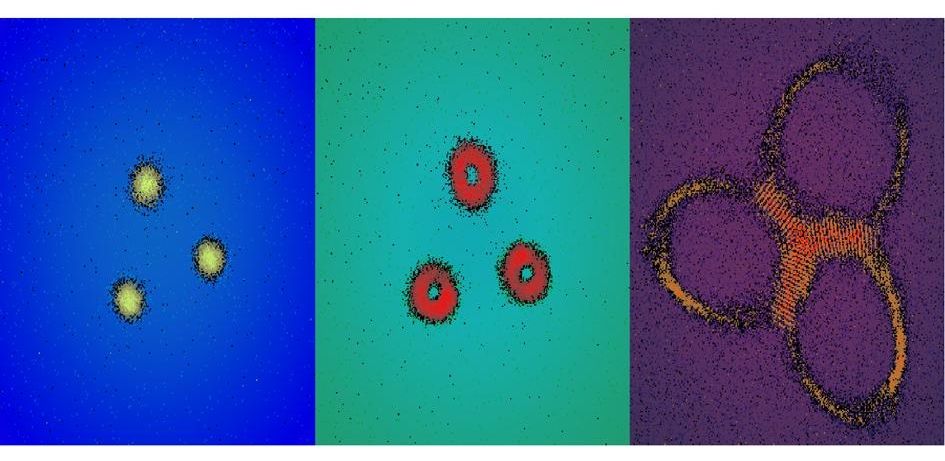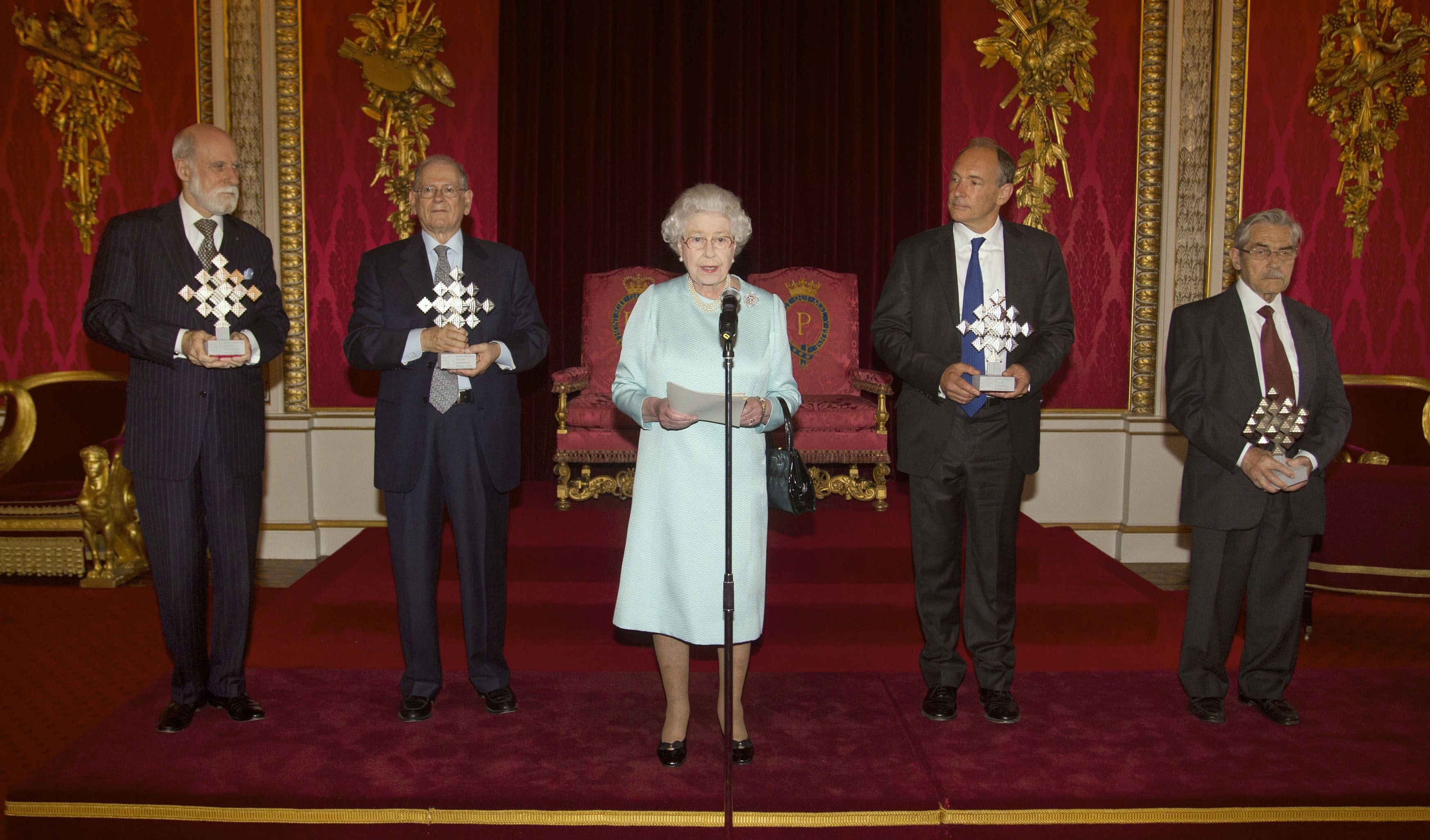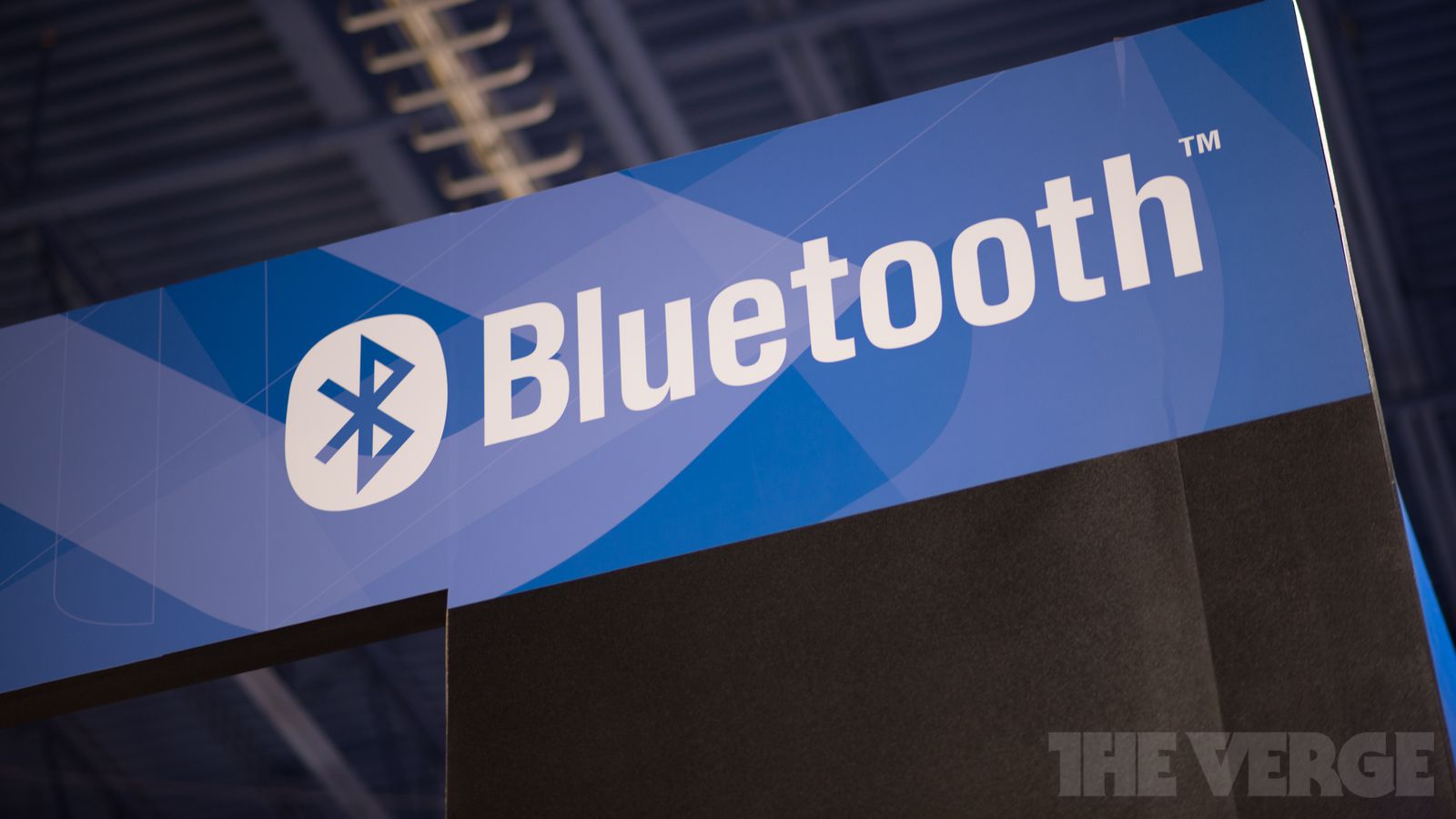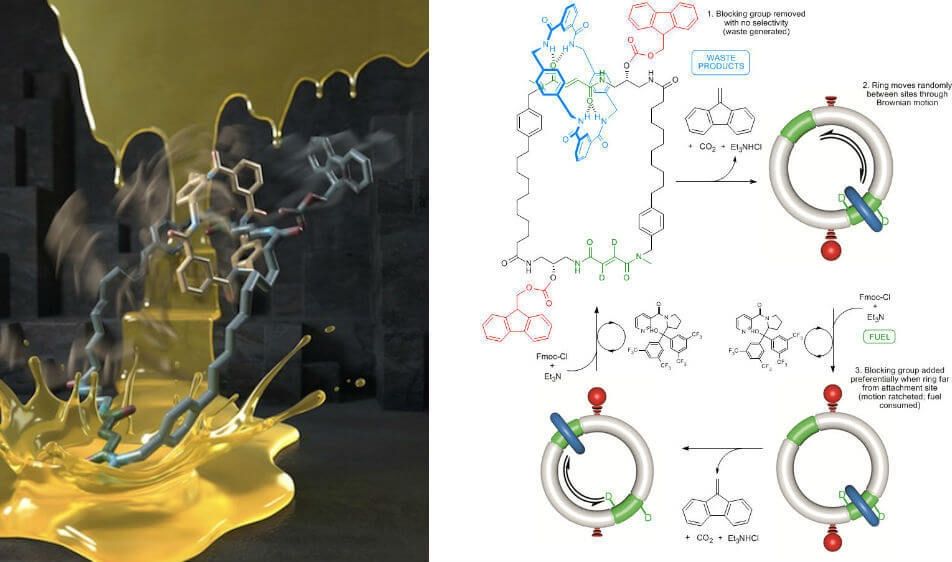Page 11099
Jun 10, 2016
Why everything will be gone in a century and how to save it
Posted by Karen Hurst in category: internet
The “Father of the Internet AL Gore” — (just joking)
Vint Cerfis (known as the real Father of the Internet) is worried about the Digital Age disappearing.
Vint Cerf worries we’ll be no more than an “enigma.”
Continue reading “Why everything will be gone in a century and how to save it” »
Jun 10, 2016
UChicago Physicists First to See Behavior of Quantum Materials in Curved Space
Posted by Karen Hurst in categories: computing, particle physics, quantum physics, space
Check this out!
UChicago hasthis been able for the first time conduct an experiment shows the behavior of quantum materials in curved space. In their own words, “We are beginning to make our photons interact with each other. This opens up many possibilities, such as making crystalline or exotic quantum liquid states of light. We can then see how they respond to spatial curvature.”
Interplay of light, matter is of potential technological interest
Continue reading “UChicago Physicists First to See Behavior of Quantum Materials in Curved Space” »
Jun 10, 2016
Google’s developing its own version of the Laws of Robotics
Posted by Andreas Matt in category: robotics/AI
Google is working on keeping robots from learning the wrong things, filtering their perceptions in a way we’re going to have to do more and more over time.
Jun 10, 2016
Researchers demonstrate a 100x increase in the amount of information that can be ‘packed into light’
Posted by Andreas Matt in categories: futurism, information science
The rise of big data and advances in information technology has serious implications for our ability to deliver sufficient bandwidth to meet the growing demand.
Researchers at the University of the Witwatersrand in Johannesburg, South Africa, and the Council for Scientific and Industrial Research (CSIR) are looking at alternative sources that will be able to take over where traditional optical communications systems are likely to fail in future.
In their latest research, published online today (10 June 2016) in the scientific journal, Scientific Reports, the team from South Africa and Tunisia demonstrate over 100 patterns of light used in an optical communication link, potentially increasing the bandwidth of communication systems by 100 times.
Jun 10, 2016
SkinGun helps burn victims quickly regrow skin
Posted by Gerard Bain in categories: biotech/medical, business
RenovaCare is in the organ regeneration business and has a skin stem-cell spray gun that can heal a burn or chronic wound in just a few days.
Jun 10, 2016
Sunspring | A Sci-Fi Short Film Starring Thomas Middleditch
Posted by Bruno Henrique de Souza in categories: entertainment, neuroscience, robotics/AI

AI escreveu este curta metragem e é surpreendentemente divertido.
Todo o roteiro do filme é o trabalho de uma rede neural treinada em scripts de sci-fi.
Fonte: Singularity Hub

Everything is getting easier, faster and lighter. The world as we know it, is dematerializing.
Jun 10, 2016
Bluetooth 5 will be announced next week with four times the speed and double the range
Posted by Shailesh Prasad in categories: energy, internet
The next version of the Bluetooth standard is called Bluetooth 5, and will be formally announced next week, Bluetooth Special Interest Group executive director Mark Powell has revealed. Bluetooth 5 is expected to be a significant upgrade over the current version of the wireless standard, offering double the range and four times the speed of current low-energy Bluetooth transmissions, but the Bluetooth SIG says it will also offer much more support for connectionless services — things like beacons that can help people navigate inside buildings or out in the open.
The roadmap for the next version of Bluetooth was sketched out last year, but the SIG — which has tech giants like Apple, Intel, and Microsoft as backers — will officially lift the lid on Bluetooth 5 on June 16th in London. The group explains that it chose the name to simplify its marketing and make the wireless standard easier to understand for users. That change should be beneficial as our homes get smarter and more connected, with many Internet-of-Things devices relying on Bluetooth to connect to your control devices, and each other.
Jun 10, 2016
Autonomous synthetic nanomotors powered by proteins and chemicals
Posted by Klaus Baldauf in categories: biological, nanotechnology, robotics/AI
Researchers at the University of Manchester, UK have made the first autonomous chemically powered synthetic small-molecule motor. The new device, which is very much like the protein motors found in biological cells, might be used to design artificial molecular machines similar to those found in nature. Such machines could be important for applications such as synthetic muscles, nano- and micro-robots and advanced mechanical motors.
READ MORE ON IOP | NANOTECHWEB















